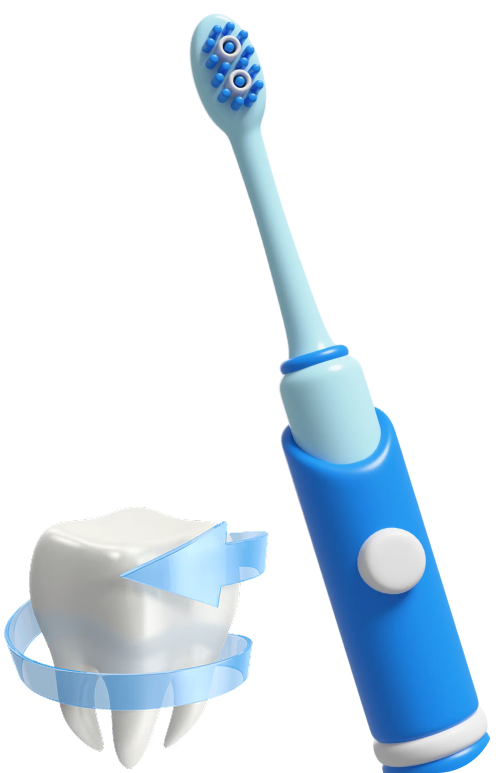When you sleep stressed, your body will rest, but your mind might stay awake, trying to cope with stressful situations. Maybe you’re trying to figure out a way to resolve an issue at work or manage a complicated personal relationship. Whatever the cause, your stress may lead to you unconsciously grinding and clenching your teeth.
This is a condition called bruxism and is a lot more common than you might think. Bruxism may cause your teeth to wear out prematurely or even cause tooth sensitivity. Moreover, anxiety and crooked teeth may also cause grinding and clenching of teeth during your sleep. This can lead to numerous sleepless nights, especially when the grinding wakes you up in the middle of the night.
Symptoms of Bruxism
How do you know that you are suffering from bruxism? Below are some of the common symptoms:
- Waking up with a sore jaw or with a dull headache
- Tooth pain
- Disrupted sleep
If you experience these symptoms, we urge you to visit us for a consultation and a check-up. Also, note that prolonged bruxism symptoms may cause your teeth the break, loss of teeth enamel, gum, and other soft tissue damage, and in some cases, tooth loss.
Treatment for Bruxism
Bruxism is treated by dealing with anxiety or stress that may keep your mind up at night or by using a nightguard, also known as a dental guard. A night guard will cushion your jaw muscles, which prevents pain and a sore jaw and protects your teeth. Moreover, it hinders tooth pain, grinding of the teeth, and clenching.
You can read more on night guards or contact us to schedule an appointment and explain to you the various features and benefits of a custom-fit mouthguard.


















